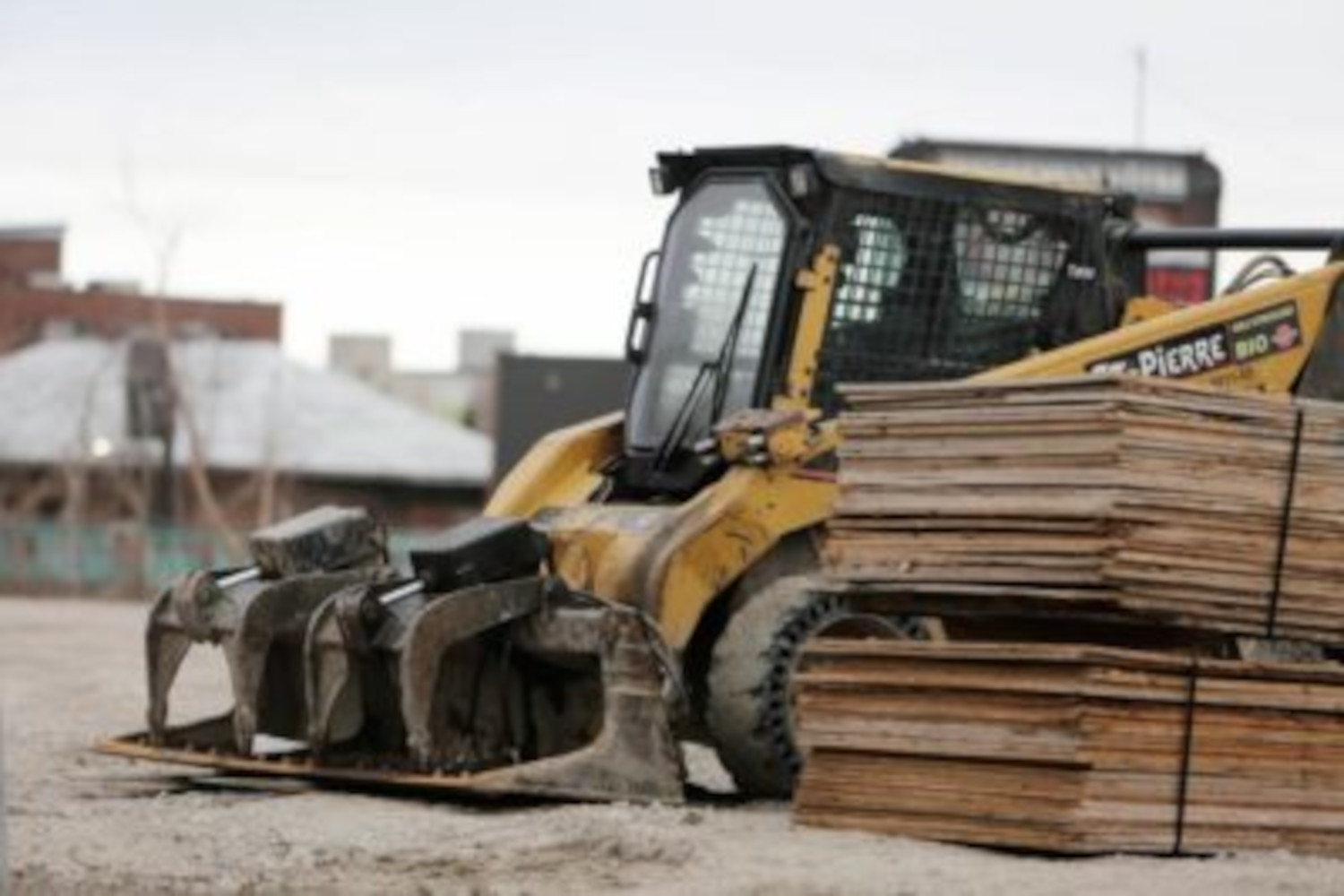
A payment bond is a security posted by the general contractor that ensures that payments will be made to subcontractors, sub-subcontractors, and material providers for services or products provided on private and public construction projects. The amount posted to exempt the owner needs to be in at least the amount of the original contract. While payment bonds are most commonly associated with public projects, which are governed by Chapter 255 (“Florida’s Little Miller Act”), Chapter 713 governs payment bonds on private construction projects. In such case, there are two types of bonds that can be obtained to exempt an owner. This blog post will cover general considerations for unconditional and conditional payment bonds.










